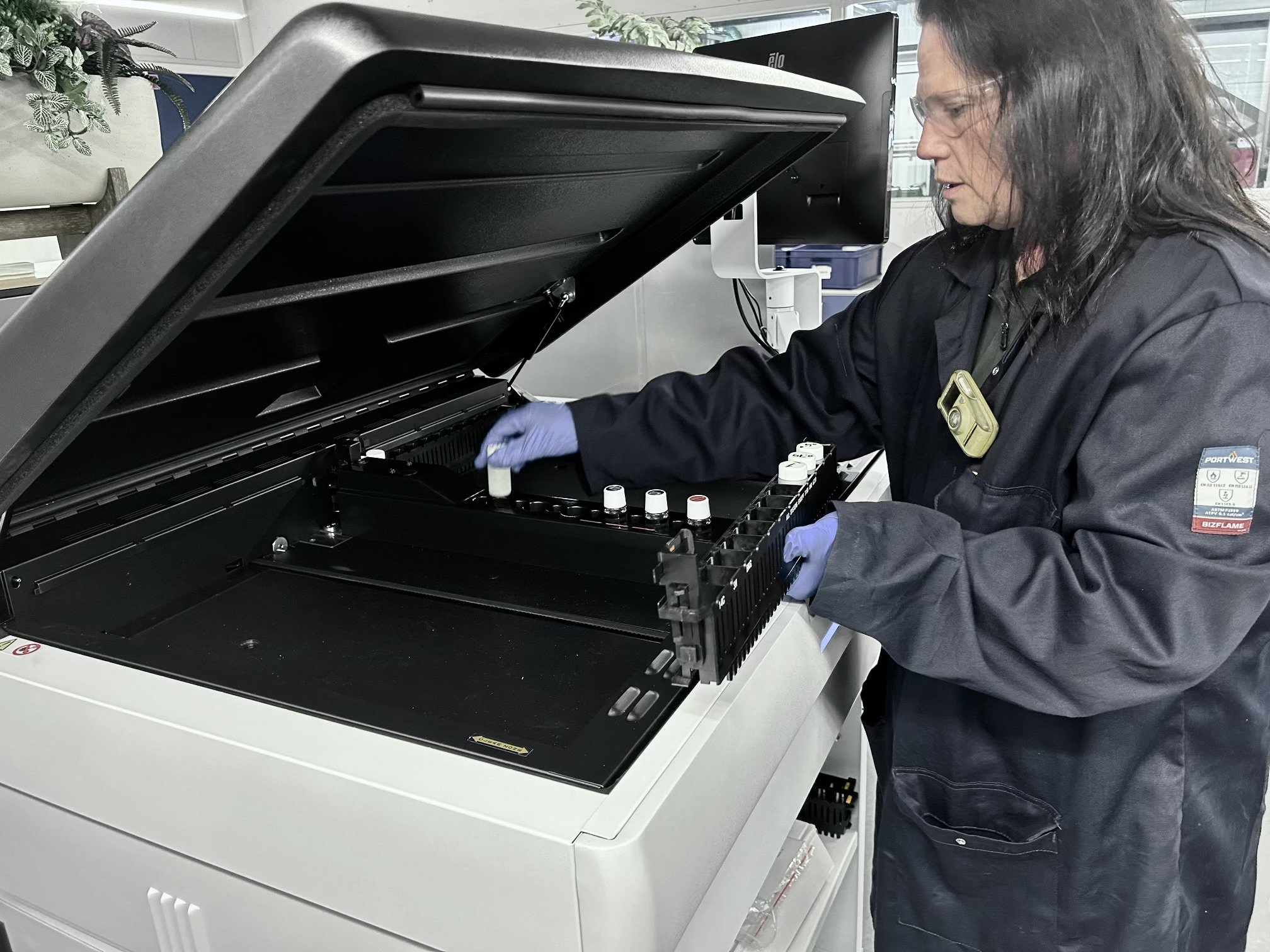
C14
What is C14 Testing?
C14 testing is a method used to determine the amount of bio-based carbon in a product by measuring its C14 content.
C14 is a radioactive isotope of carbon, and its presence in organic matter is the basis of radiocarbon dating.
Products containing bio-based carbon (from renewable sources) will have measurable amounts of C14, while products derived from fossil fuels will contain little to no C14.
The bio-based carbon content can be expressed as:
A fraction of the sample mass, or
A fraction of the total carbon content.
This method applies to any carbon-containing product, including bio composites.
EN 16640 is the recognized standard for determining bio-based carbon content through C14measurement.
C14 testing is essential for distinguishing between renewable and fossil-derived carbon, making it a key tool in verifying bio-based product claims.
Why do you need C14 Testing?
Identifies Bio-Based Content: C14 testing distinguishes between bio-based carbon (from renewable sources) and fossil fuel-derived carbon (from non-renewable sources).
Verifies Product Claims: It provides scientific proof to support bio-based content claims, ensuring transparency and compliance with standards like EN 16640.
Environmental Impact Assessment: By measuring the proportion of renewable carbon in a product, C14 testing helps assess its environmental footprint.
Quality Control: Ensures consistency in bio-based materials, especially for industries focused on sustainability and renewable resources.
Regulatory Compliance: Many industries require certified bio-based content levels to meet green certifications, government regulations, or industry standards.
Required for Tax Benefits



